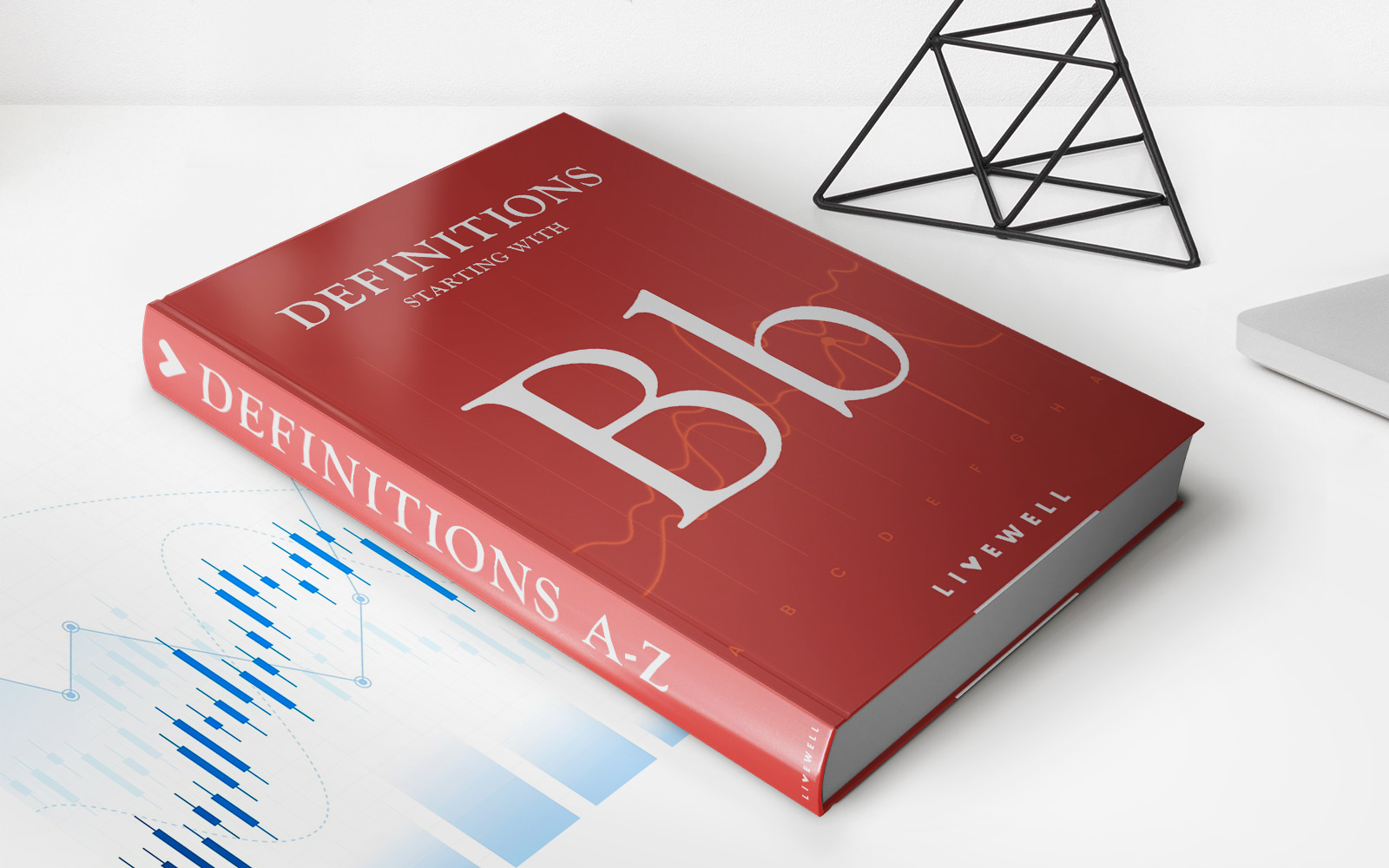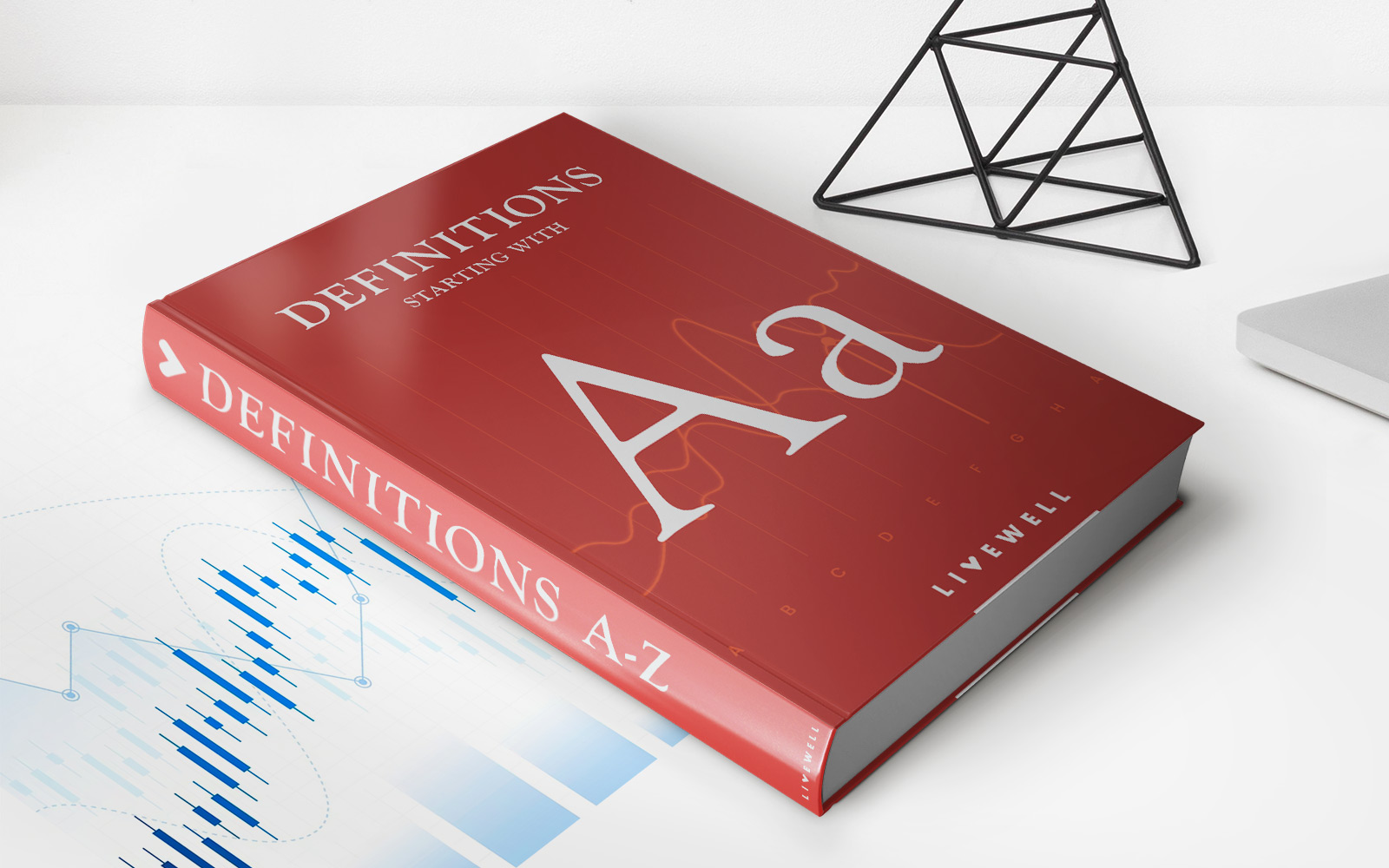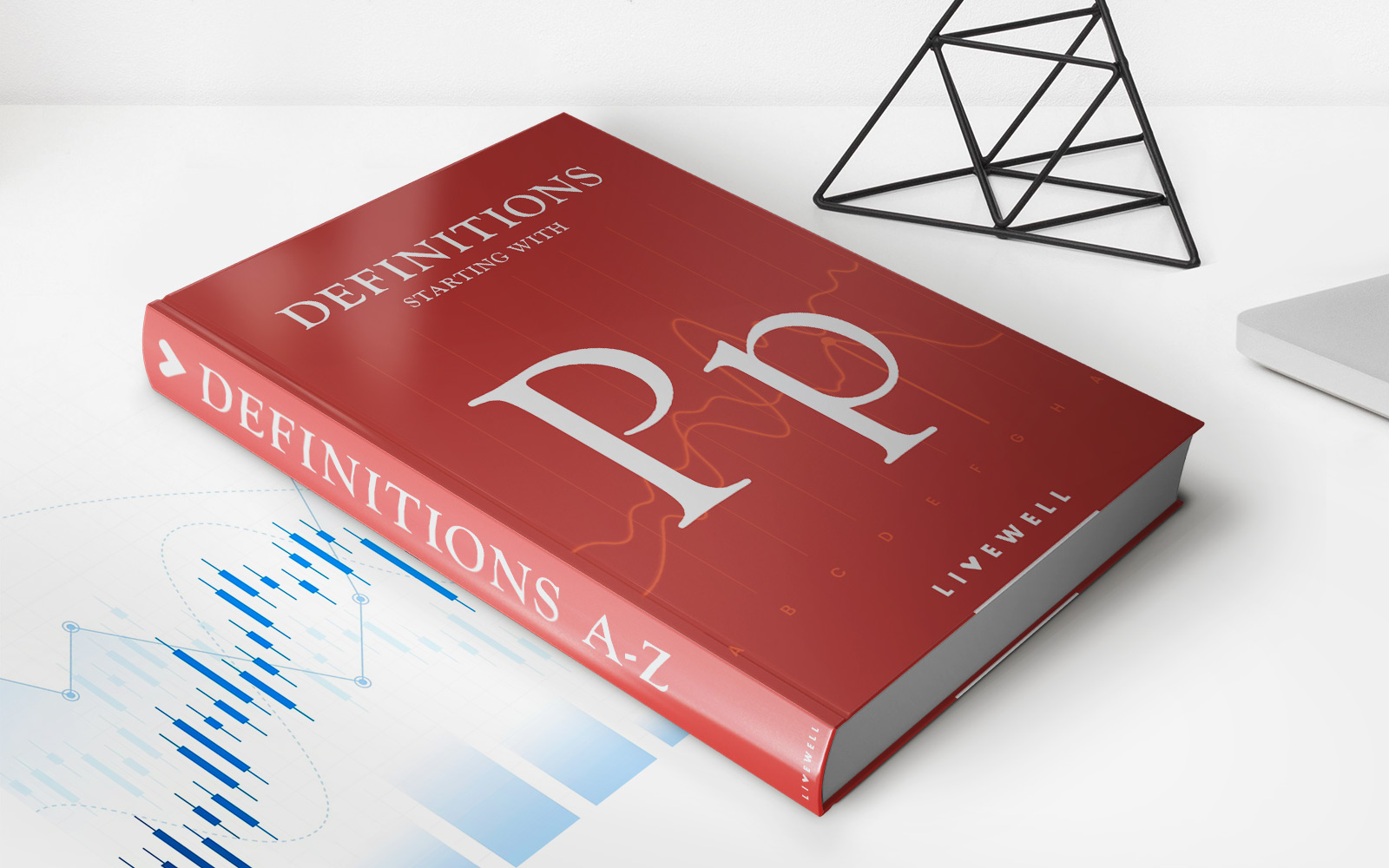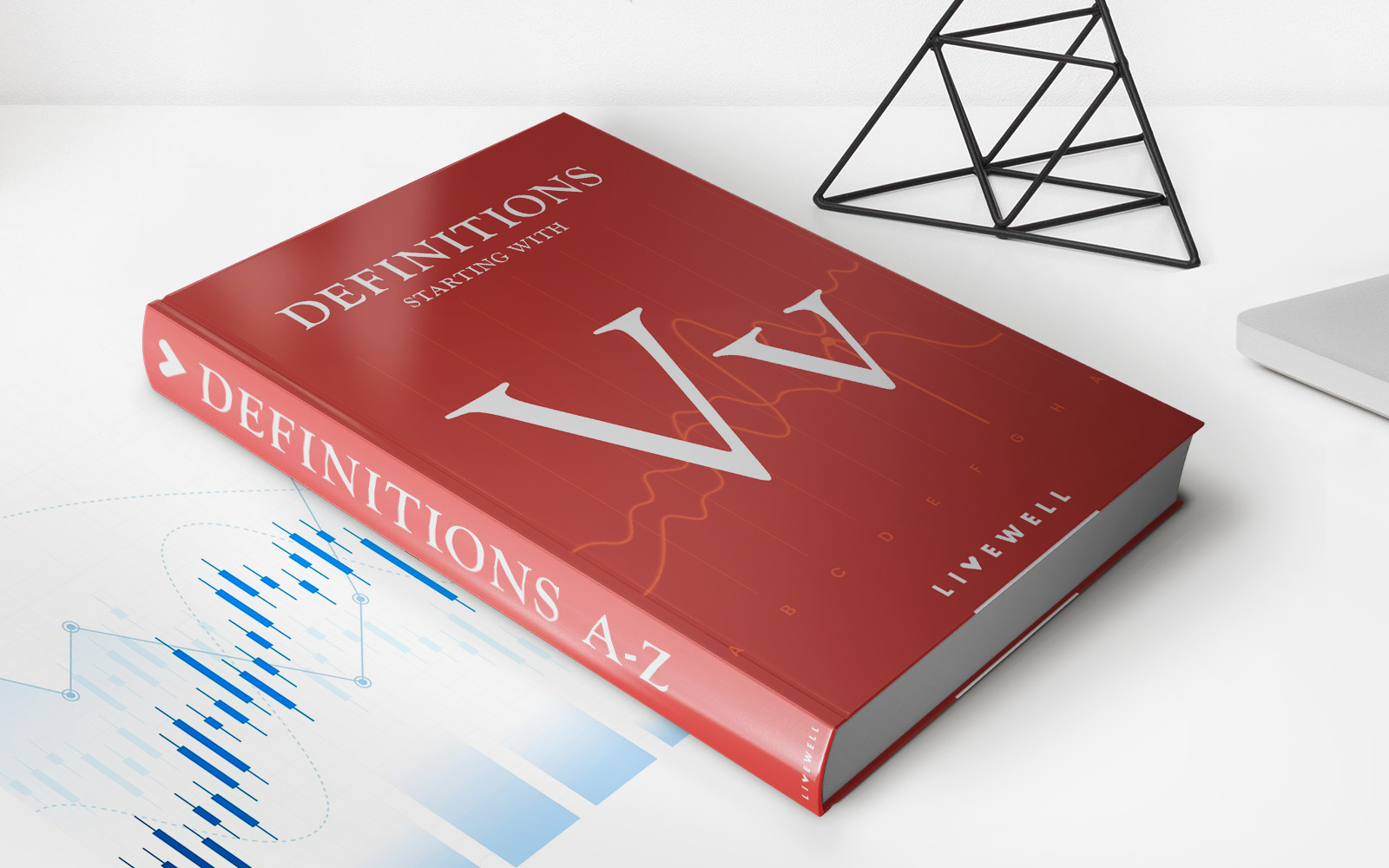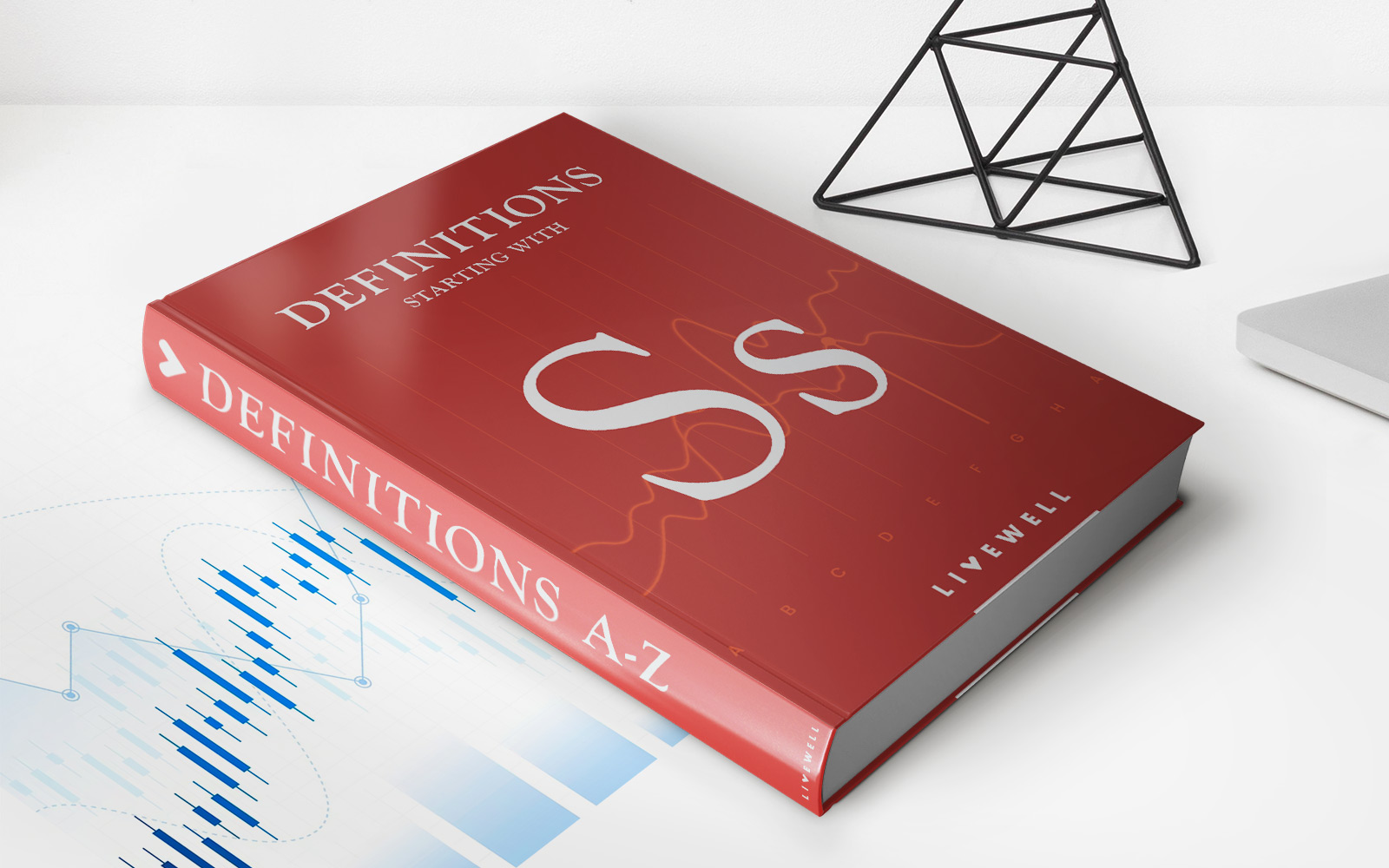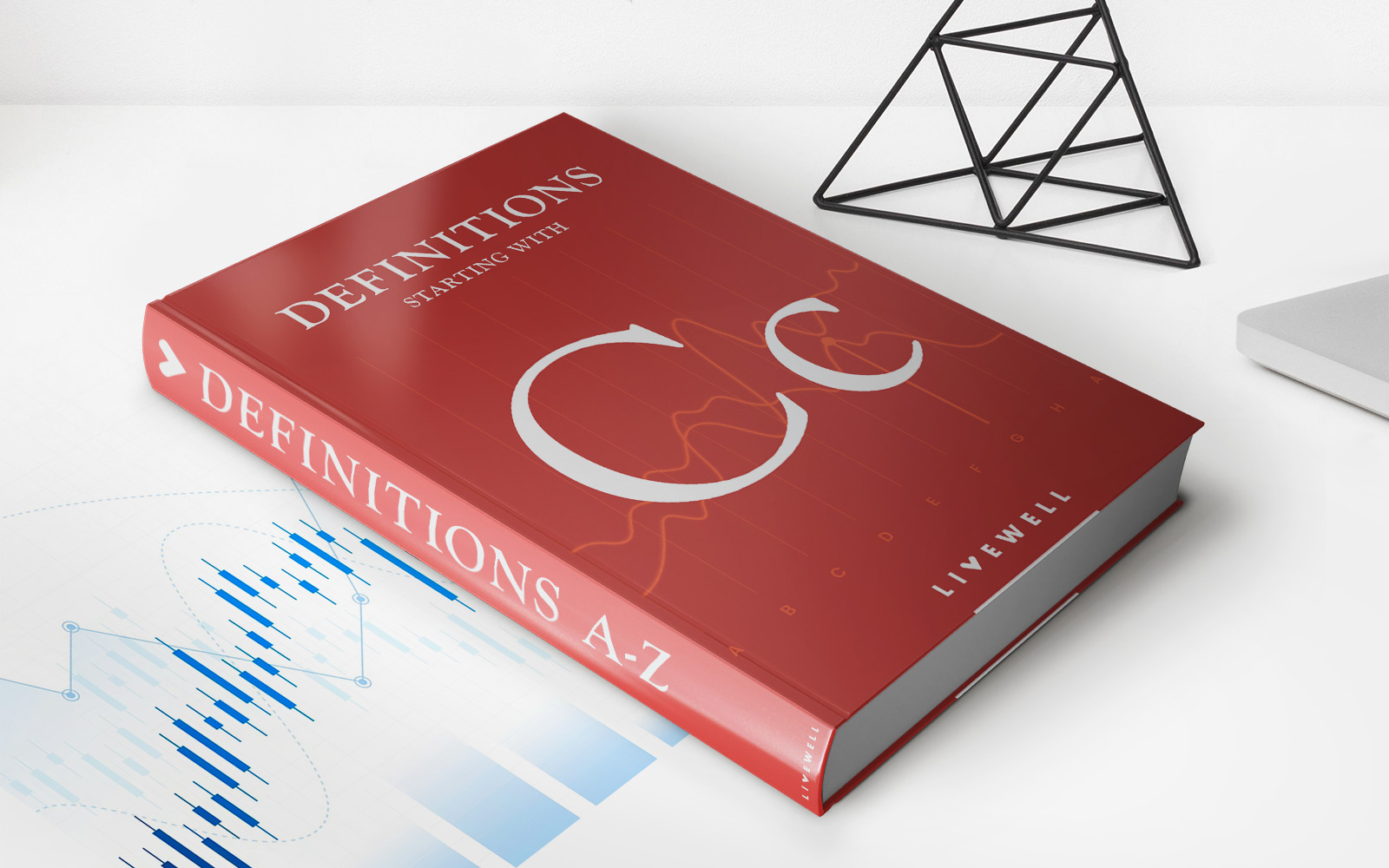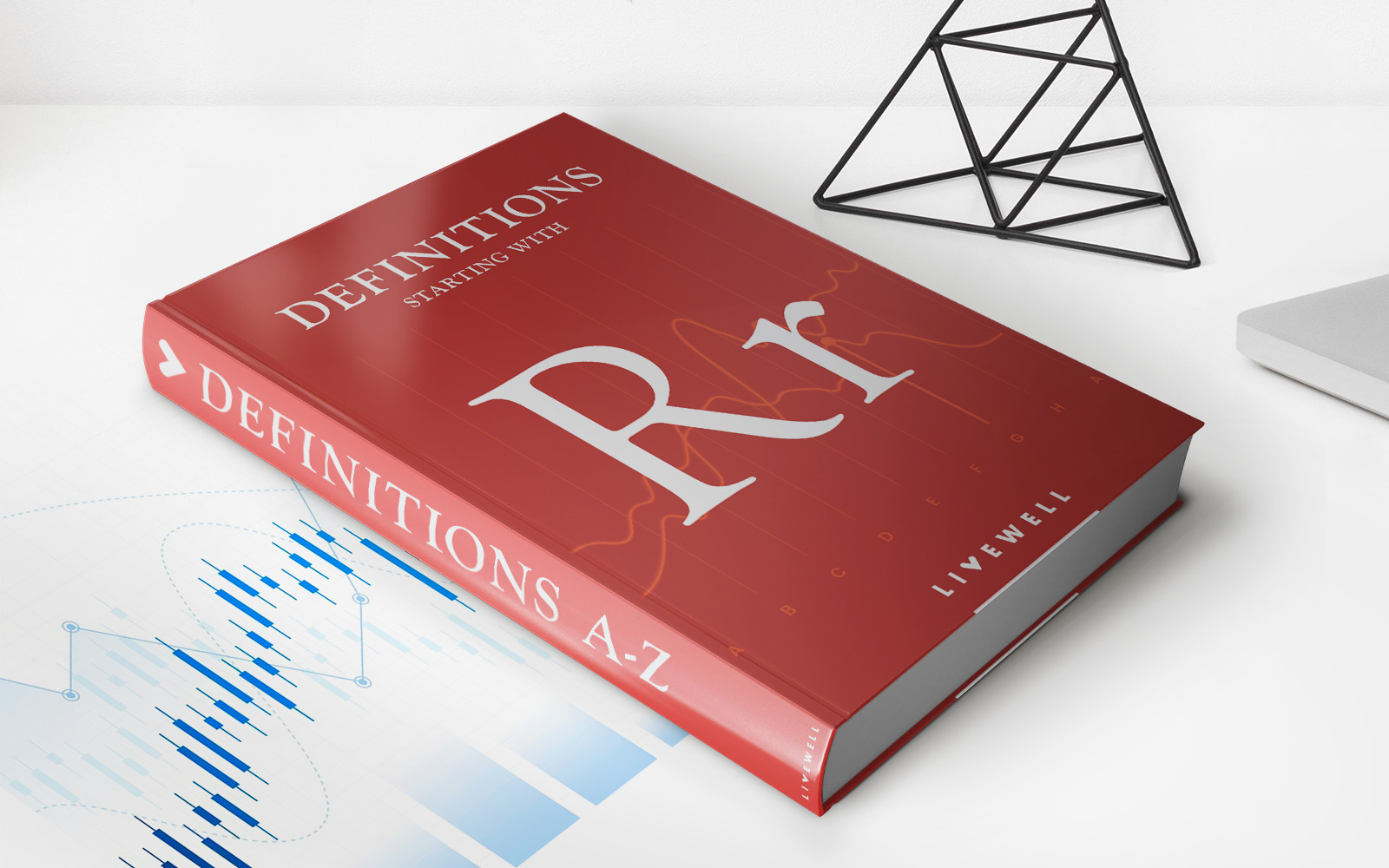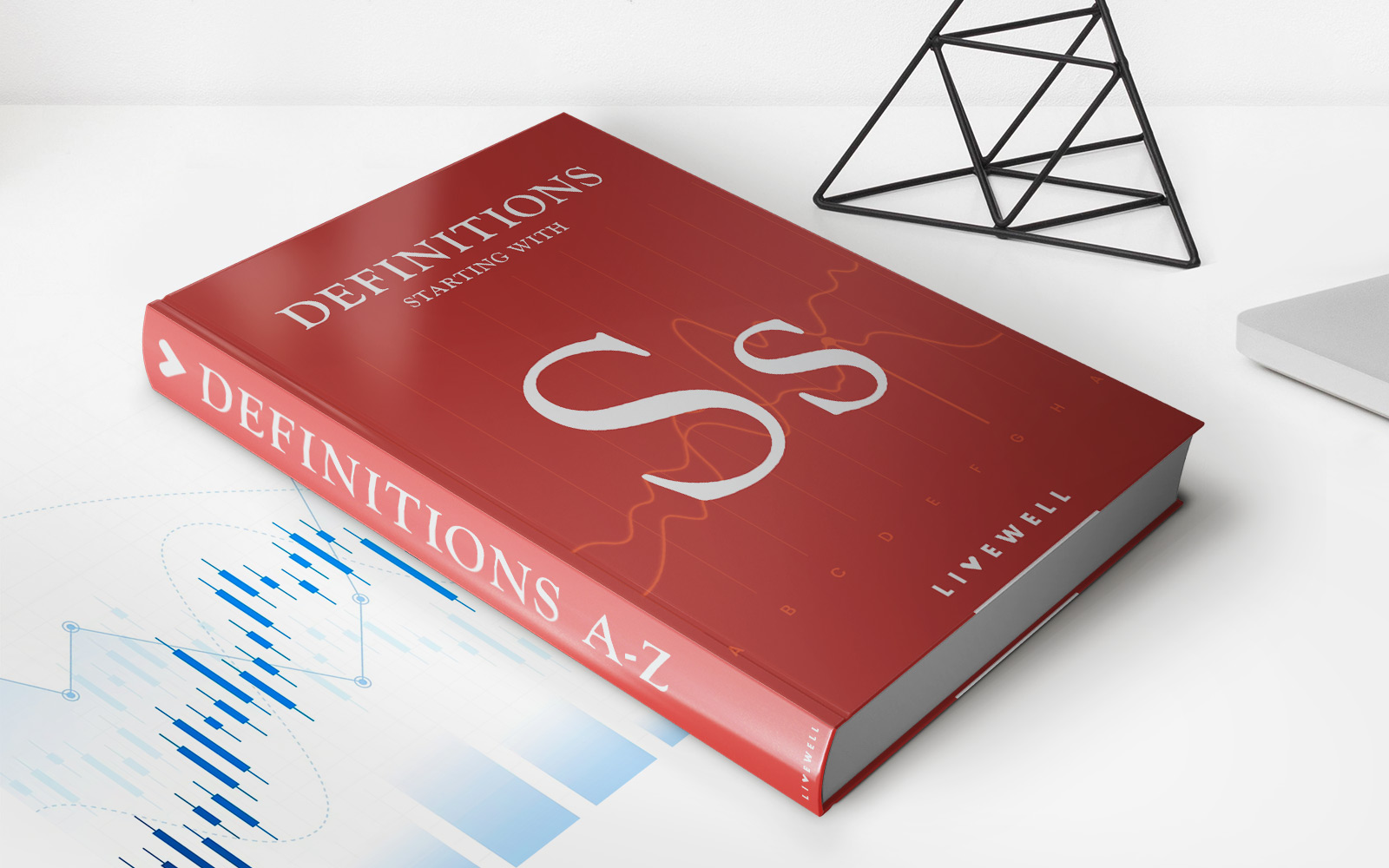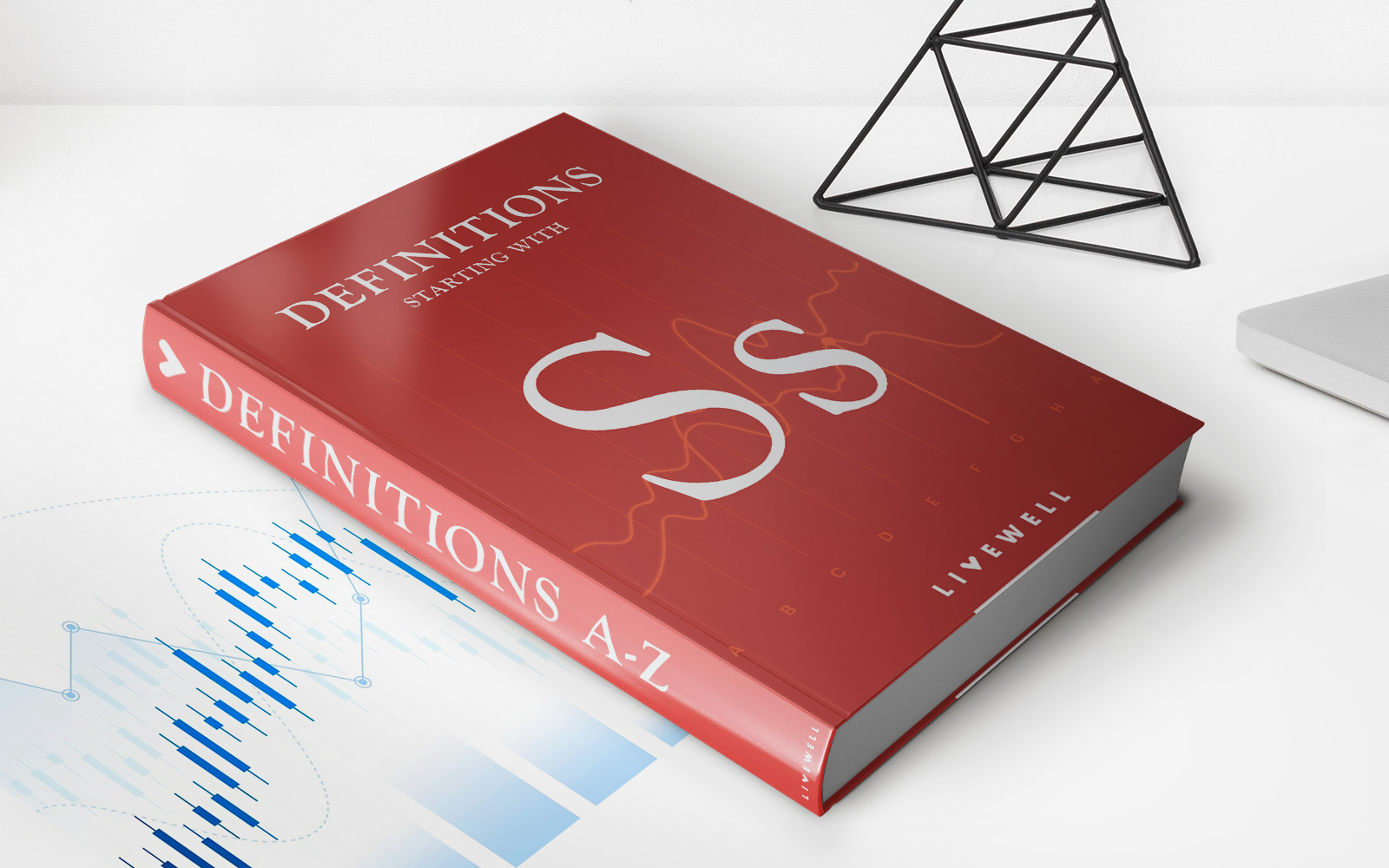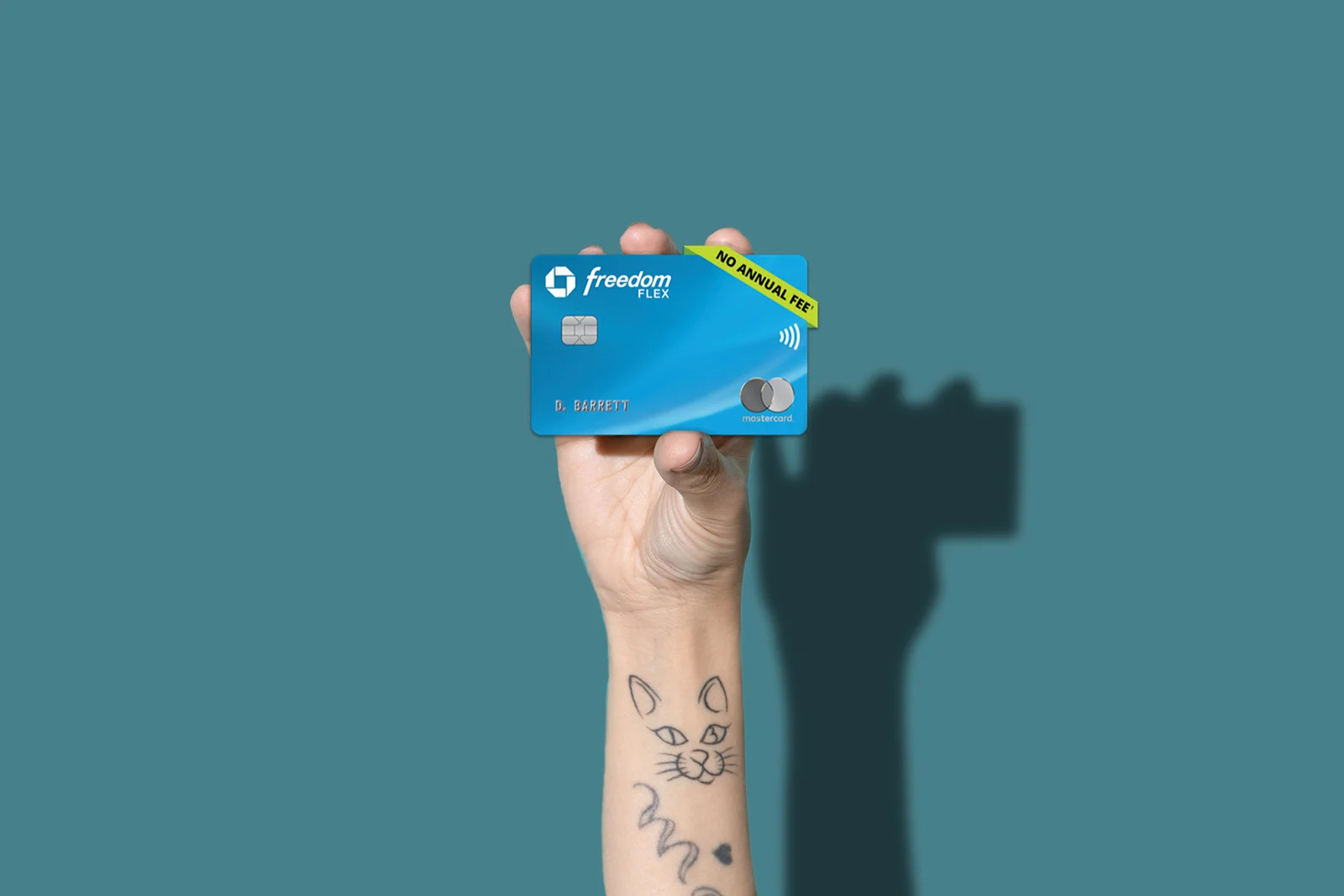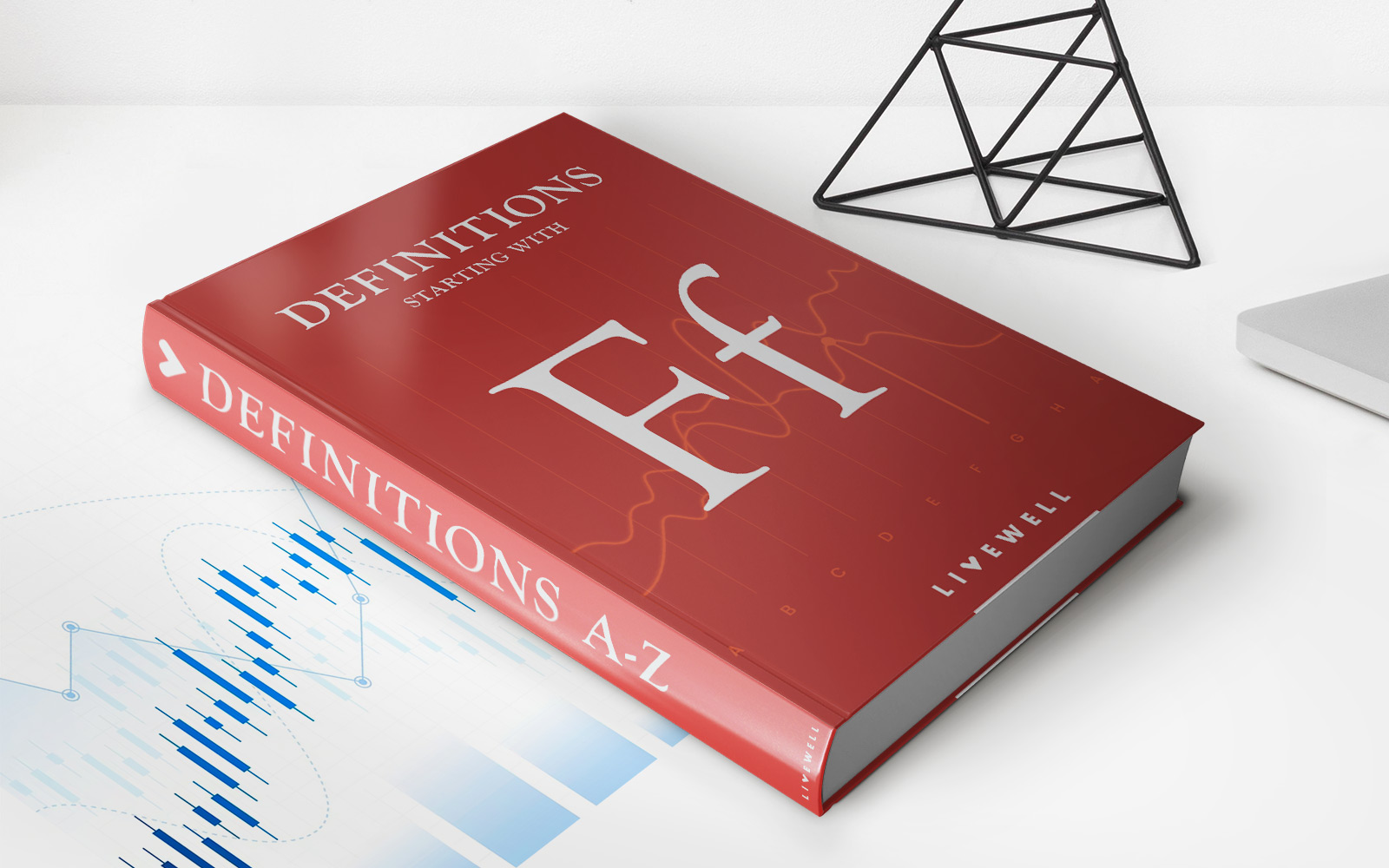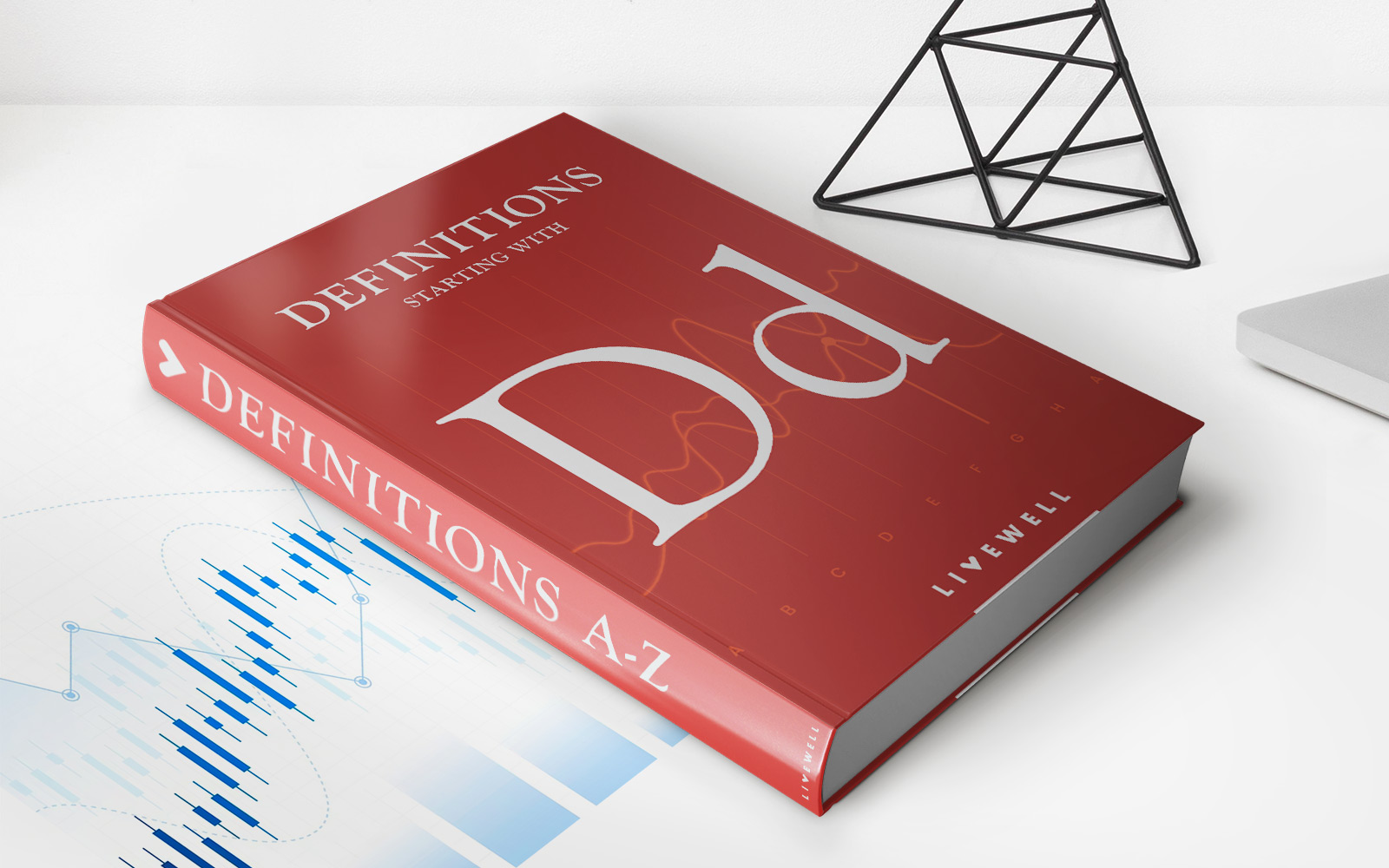Home>Finance>Oral Contract: Definition, Example, How To Prove And Enforce
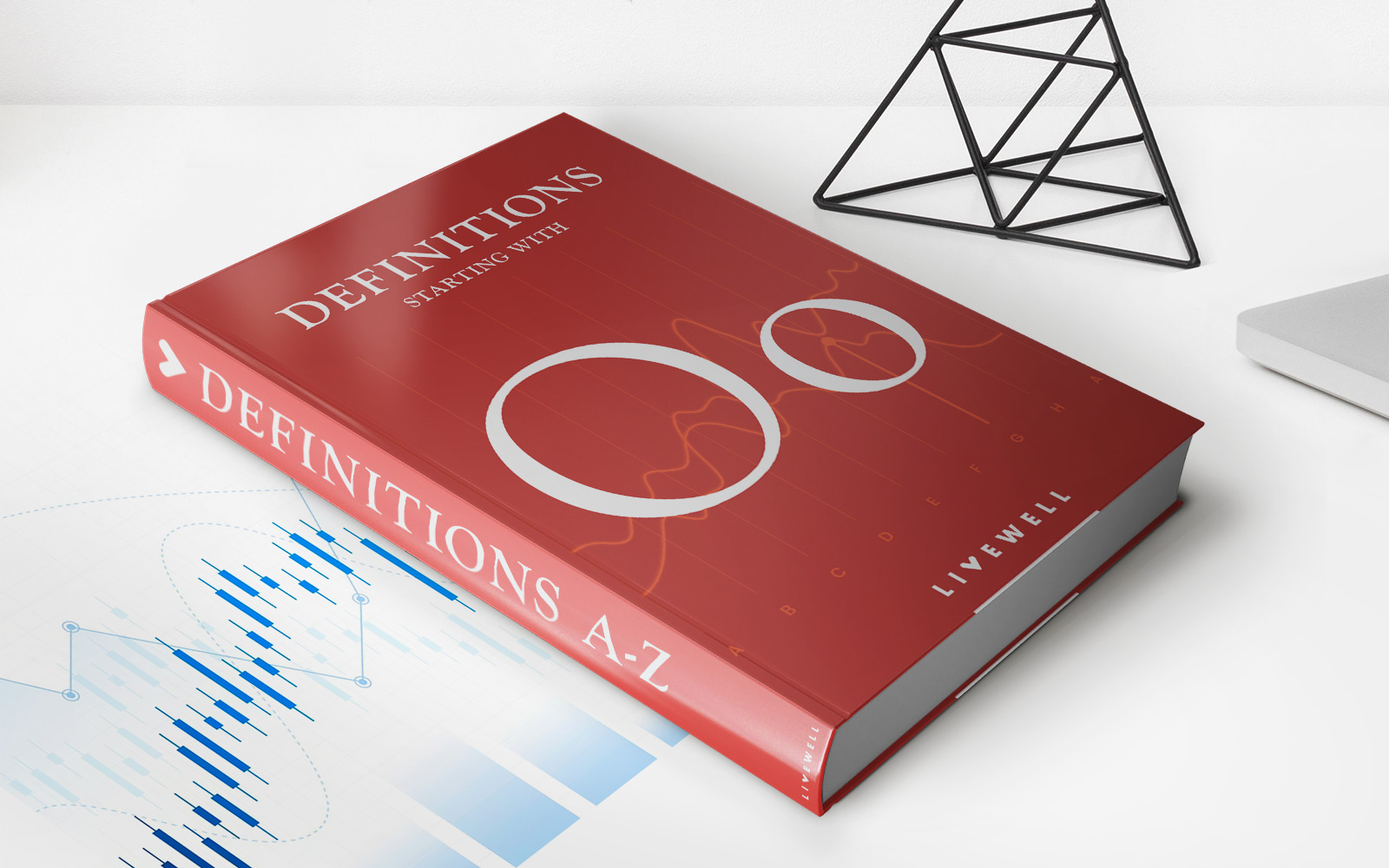

Finance
Oral Contract: Definition, Example, How To Prove And Enforce
Published: January 4, 2024
Learn the definition of an oral contract, understand an example, discover how to prove and enforce it in the field of finance.
(Many of the links in this article redirect to a specific reviewed product. Your purchase of these products through affiliate links helps to generate commission for LiveWell, at no extra cost. Learn more)
Understanding Oral Contracts: Definition, Example, How to Prove and Enforce
Welcome to our Finance blog! In this post, we are going to delve into the fascinating world of oral contracts. Whether you are a business owner, an individual, or simply curious about the legalities surrounding agreements made verbally, this article is for you. We will define oral contracts, provide an example, discuss how to prove and enforce them, and offer valuable insights into their significance in the financial realm.
Key Takeaways:
- An oral contract is a legally binding agreement made through spoken words, without written documentation.
- Given the lack of written evidence, proving and enforcing oral contracts can be challenging, but it is not impossible.
What is an Oral Contract?
An oral contract, also known as a verbal contract, is an agreement that is formed entirely through spoken words and has not been reduced to writing. While written contracts are more commonly used for their clarity and ease of enforceability, oral contracts hold legal weight and can be legally binding in specific circumstances. Despite the lack of written documentation, oral contracts are still subject to the same rules and regulations as their written counterparts.
An Example of an Oral Contract
Imagine you are a freelance graphic designer and are approached by a potential client at a networking event. They express interest in hiring you to create a logo for their business. After discussing your rates and the scope of work, both parties agree on the terms and conditions, including the price, delivery timeline, and revisions. Although there is no written agreement, a clear and mutual understanding has been reached through verbal communication. This verbal agreement forms an oral contract between you and the client.
How to Prove and Enforce Oral Contracts
Proving an oral contract can be more challenging than providing written evidence, but it is not impossible. Here are some steps you can take to strengthen your position:
- Gather Witnesses: If possible, have witnesses present during the conversation in which the contract was agreed upon. Their testimony can help establish the existence and terms of the oral contract.
- Keep a Record: Make detailed notes about the discussions and agreements immediately after the conversation. This documentation can serve as evidence in case of a dispute.
- Correspondence Confirmation: Follow up the verbal agreement with a written letter or email that summarizes the agreed-upon terms. Request a written acknowledgement or response from the other party as proof of their acceptance.
- Behavior Patterns: Demonstrate consistent behavior that aligns with the terms of the oral contract. If both parties continue to act as if the agreement is in effect, it can be used as evidence to support the existence of the oral contract.
- Professional Legal Advice: Consult with an attorney who specializes in contract law. They can provide guidance, assess the strength of your case, and help you navigate the legal process if needed.
The Significance of Oral Contracts in Finance
While written contracts are generally preferred and offer more security, oral contracts play a significant role in the financial realm. Here are a few reasons why:
- Flexibility: Oral contracts allow for quicker negotiations and can accommodate situations where a written agreement may not be practical or feasible.
- Informality: In certain financial transactions, such as small purchases or day-to-day agreements, oral contracts can streamline the process and keep things simple.
- Parties’ Intent: Oral contracts can be effective in capturing the true intentions of the parties involved, especially when formal legal jargon may be confusing or off-putting.
- Preserving Relationships: In some instances, formal contracts can create an atmosphere of distrust. Oral contracts, based on trust and verbal assurances, can help preserve relationships and foster goodwill between parties.
In conclusion, oral contracts are a valid and enforceable form of agreement. While they may be more challenging to prove than written contracts, taking the necessary steps to gather evidence and seek legal advice can help protect your rights in case of a dispute. Understanding the significance of oral contracts is crucial in navigating the various financial transactions we encounter in our personal and professional lives.
We hope you found this blog post informative and helpful. Stay tuned for more engaging content from our Finance category!

